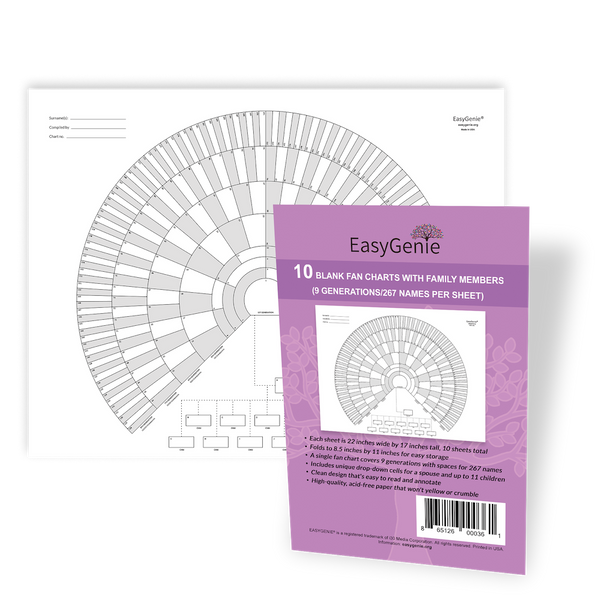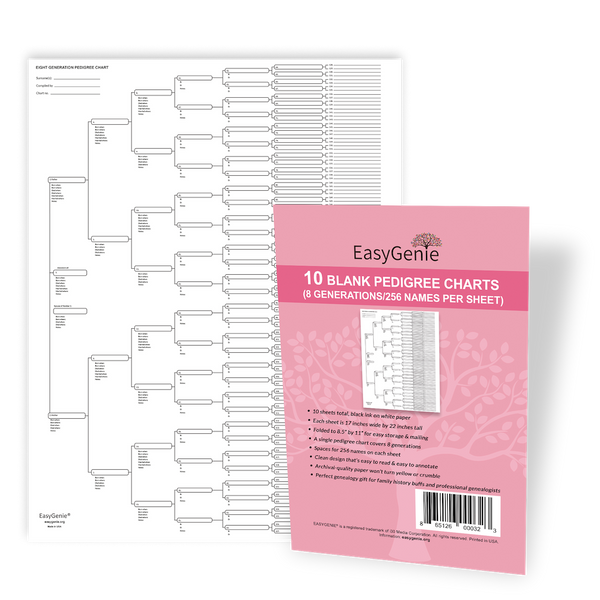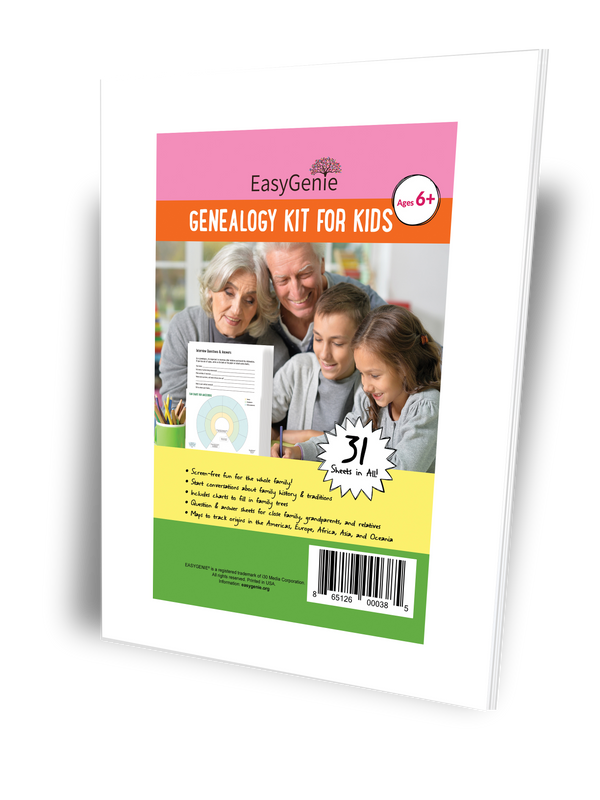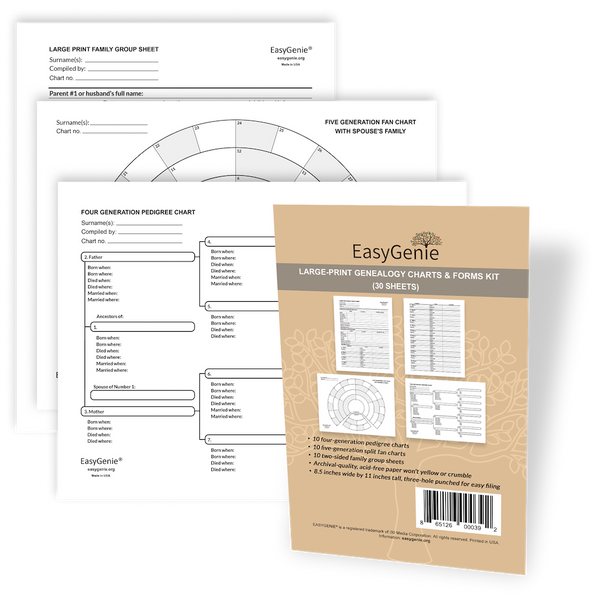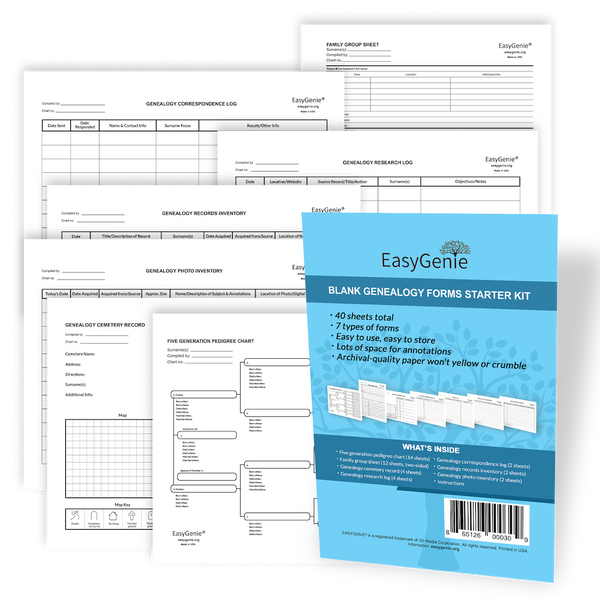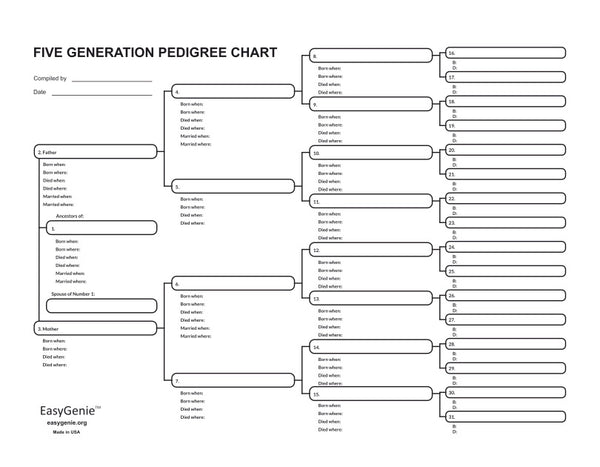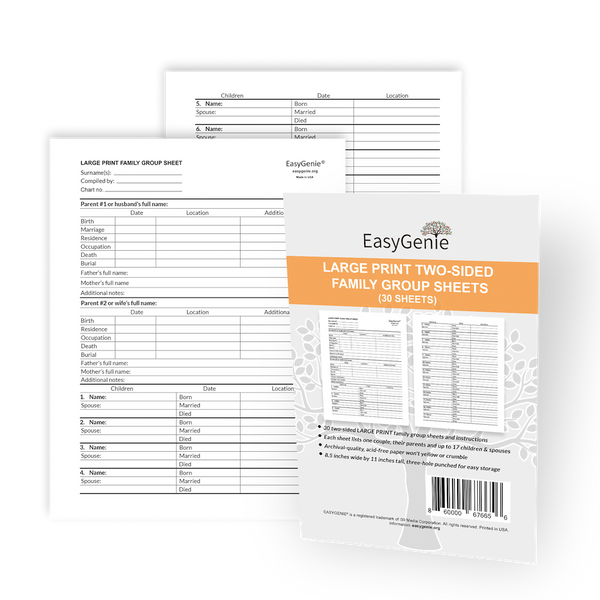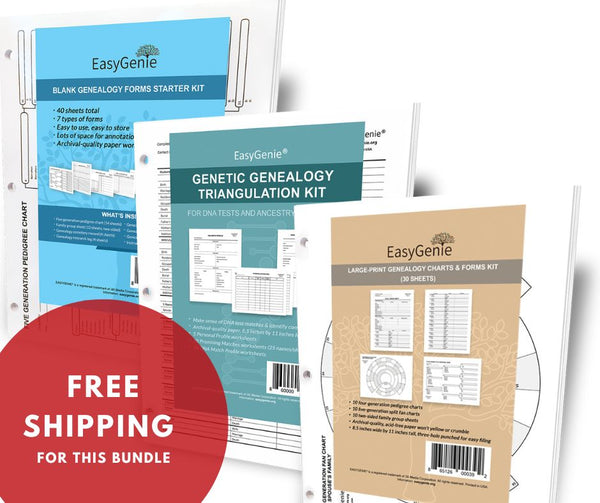
Legacy list: What would you pass down to your heirs?
Ian LamontWe wanted to share some follow-up to a newsletter article we published last month, which discussed the Swedish "Death Cleaning" concept for decluttering. There were a number of reactions to the related question posed on the EasyGenie Facebook group: If you could pass down 3 tangible things to your descendants, what would they be ... and why?

There is certainly value in physical objects, such as my grandfather's baby rattle and spoon, dating from more than 100 years ago.
A few people noted that it's often the intangible things that are most important - a love of family, good health, good manners, salvation. But others described the objects or research they would pass down:
Sarah:
Things I inherited from my mother, her from her mother, her from her mother, and her from her mother - I have something that has been in my family for five generations. I hope at least one of my granddaughters will want it, and treasure it.
Barbara:
- My dining room furniture, because it was my grandmother’s.
- My jewelry, because of the love that came with these gifts.
- My genealogical paperwork, so they’d know and be able to pass down our family’s history.
Debra:
My library, my recipes, and the family history.
Tammy:
Photographs with names/dates and the historical photos of our Family that I've inherited. That's all I don't need them to keep anything else. Just never let our photographs end up in the trash or an antique store.

However, there was disagreement over documentation that is not "core genealogy" - financial records, school reports, random holiday cards, and so on. Is any of it worth saving for the next generation? Here's what we said:
Unless there is something truly remarkable or special about an individual document in the list above, they should not be preserved or left for your loved ones to deal with. They are bulky. They are difficult to sort through. In some cases, these documents are redundant to information that will be readily available from other sources such as school yearbooks, business directories, or census returns.
Not so fast! One reader noted that these non-core genealogy records can still provide valuable insights, and even serve as a substitute for other types of records used by genealogists:
Census reports do a great job of showing where a person lived every ten years. What about the nine years in between? School report cards are an excellent way of tracking a family’s migration, whether for job pursuits, economic disaster, family circumstances or whatever.
Why did they move? Where were they when Pearl Harbor was hit? How did they get there? The pieces can only be put together, assuming all first hand observers are passed, through these documents. Cards written to a sister, for instance, describing upcoming travel or moving plans can tell volumes.
Fair point. But does this require keeping a birthday card from 1997, last year's excise tax bill, the closing documents from an old mortgage, or random pictures of trees from 1923?

We think the middle ground is sorting through such papers now to pick out the gems that are truly remarkable or special ... and consider creating a special record for the next generation (using the EasyGenie Genealogy Stories Kit or a free-form biography typed out on the computer) that describes family history and details such as where the family lived or what their motivations were for moving. Make it easy for the next generation now, so they don't have to deal with it later.
Or, as the same reader suggested, scan the documents and upload them to your online tree. She also had this wonderful suggestion:
Many local historical societies are hungry for such documents, and welcome them. Another way of preserving history without amassing huge amounts of documents.
